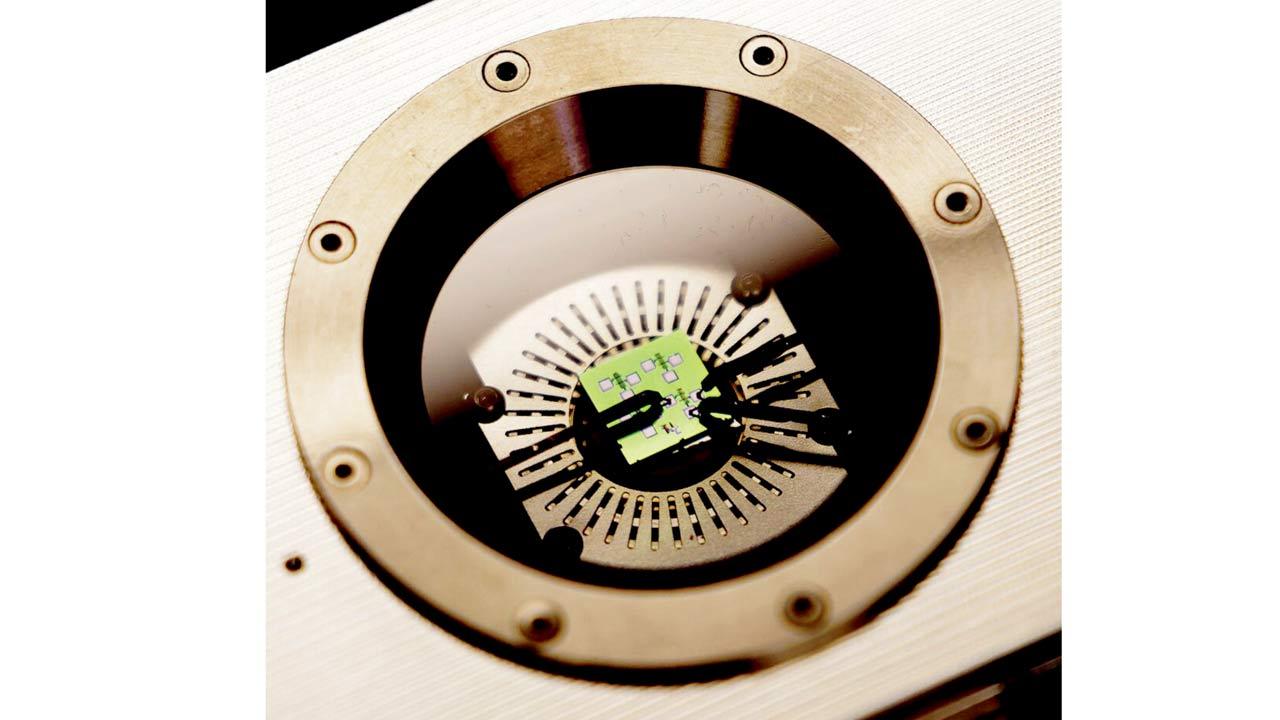The researchers are also applying their techniques to other instruments, such as guitar, to enhance performance.

Representation pic
Stanford researchers are using AI to study the hand movements of elite piano players to reduce injury risks. They presented a model that recreates the hand movements and physical stresses of playing complex music at SIGGRAPH Asia 2024. This research aims to make piano playing more equitable, especially for those with smaller hands, by testing solutions like narrower keyboards. Elizabeth Schumann, co-author of the study, highlighted the need for equipment that fits all pianists, similar to athletes. The team recorded 15 elite pianists playing 10 hours of music, using computer vision to reconstruct their hand motions in 3D. The AI model can simulate hand movements for new music, providing insights into injury prevention. Future work will include simulating muscle and tendon strains to further aid musicians. The researchers are also applying their techniques to other instruments, such as guitar, to enhance performance.
ADVERTISEMENT
New memory device withstands extreme heat

PIC/UNIVERSITY OF MICHIGAN
Engineers at the University of Michigan have developed a solid-state memory device that can operate at temperatures over 1100°F (600°C), hotter than the surface of Venus. This breakthrough, achieved in collaboration with Sandia National Laboratory, could revolutionize high-temperature applications like fusion reactors and jet engines. The device uses oxygen ions instead of electrons, allowing it to store and rewrite information without being affected by heat. The research was published in the journal Device. The team aims to further develop the device to hold more data and potentially enable in-memory computing.
New AI solves engineering problems faster than supercomputers
Johns Hopkins researchers have developed a new AI framework called DIMON (Diffeomorphic Mapping Operator Learning) that can solve complex engineering problems thousands of times faster than supercomputers. This AI can quickly predict solutions to partial differential equations, which are essential for modelling real-world systems like car crashes, spacecraft responses, and bridge stress. The framework’s versatility allows it to work across various fields of engineering, making it a game-changer for design and optimisation tasks.
 Subscribe today by clicking the link and stay updated with the latest news!" Click here!
Subscribe today by clicking the link and stay updated with the latest news!" Click here!







